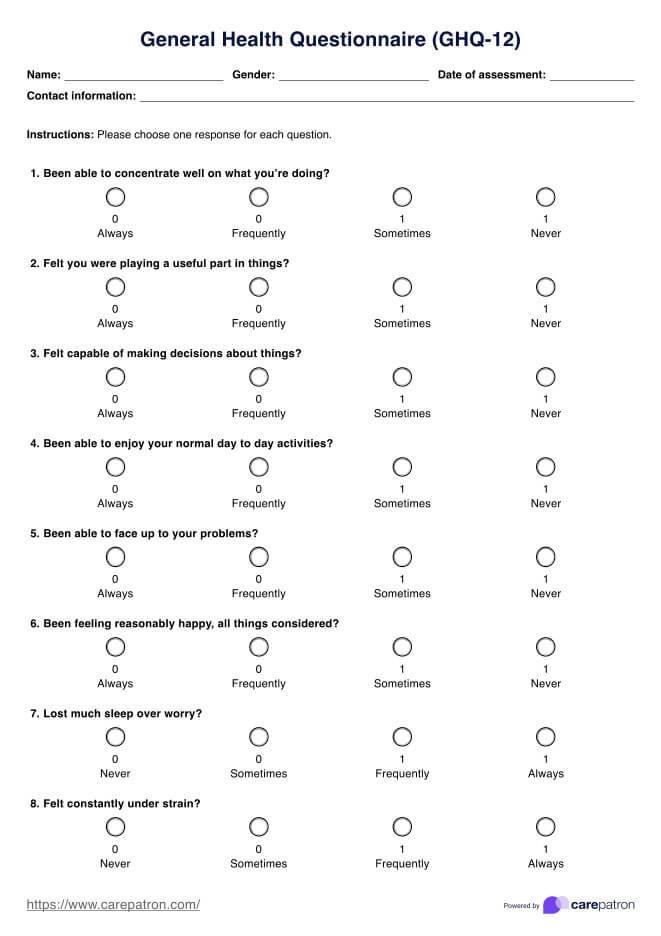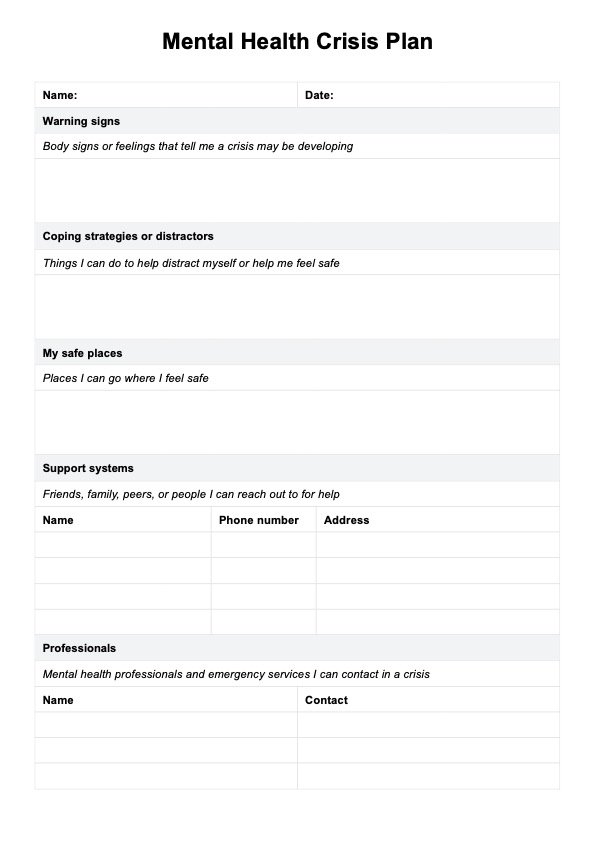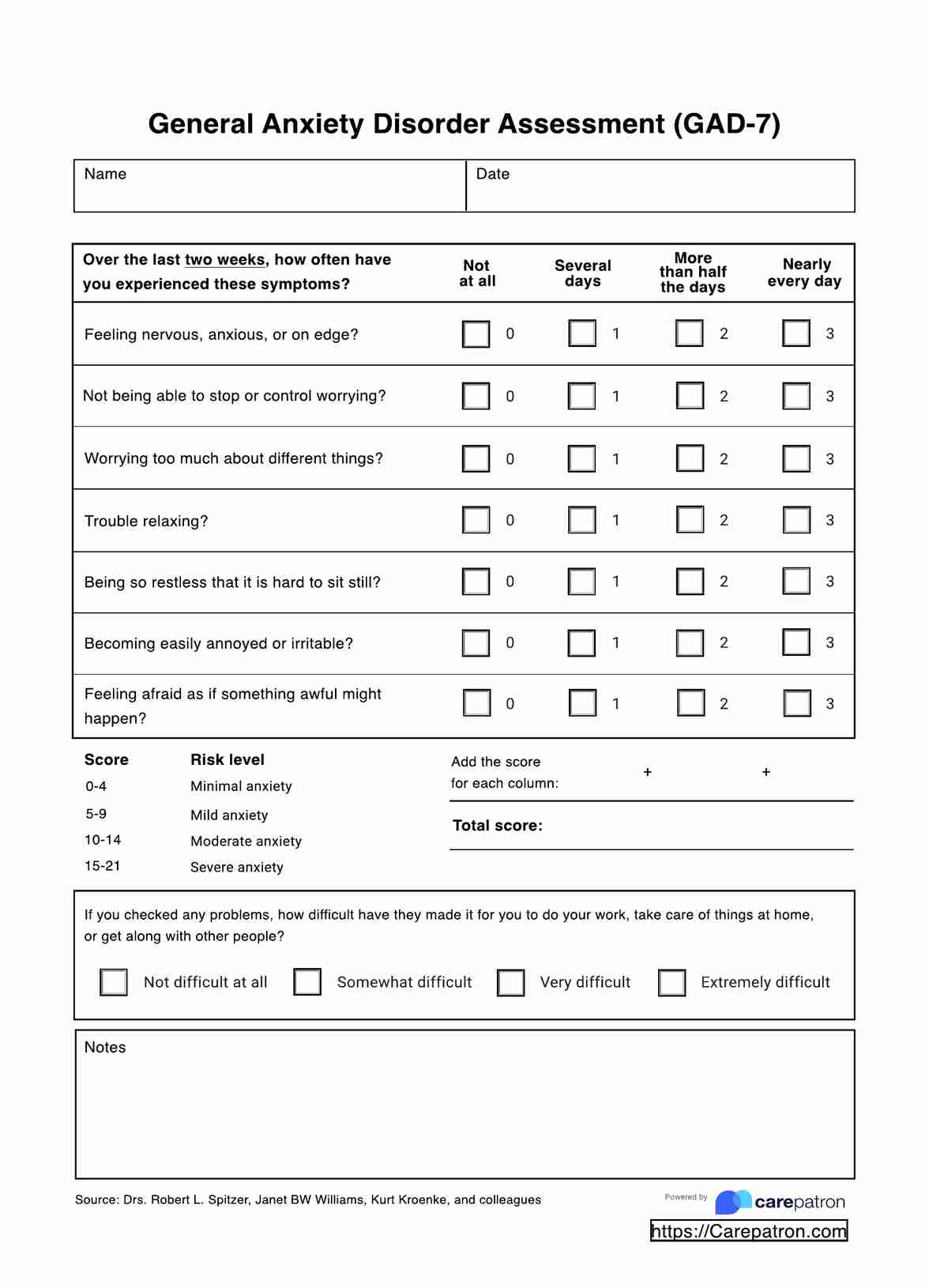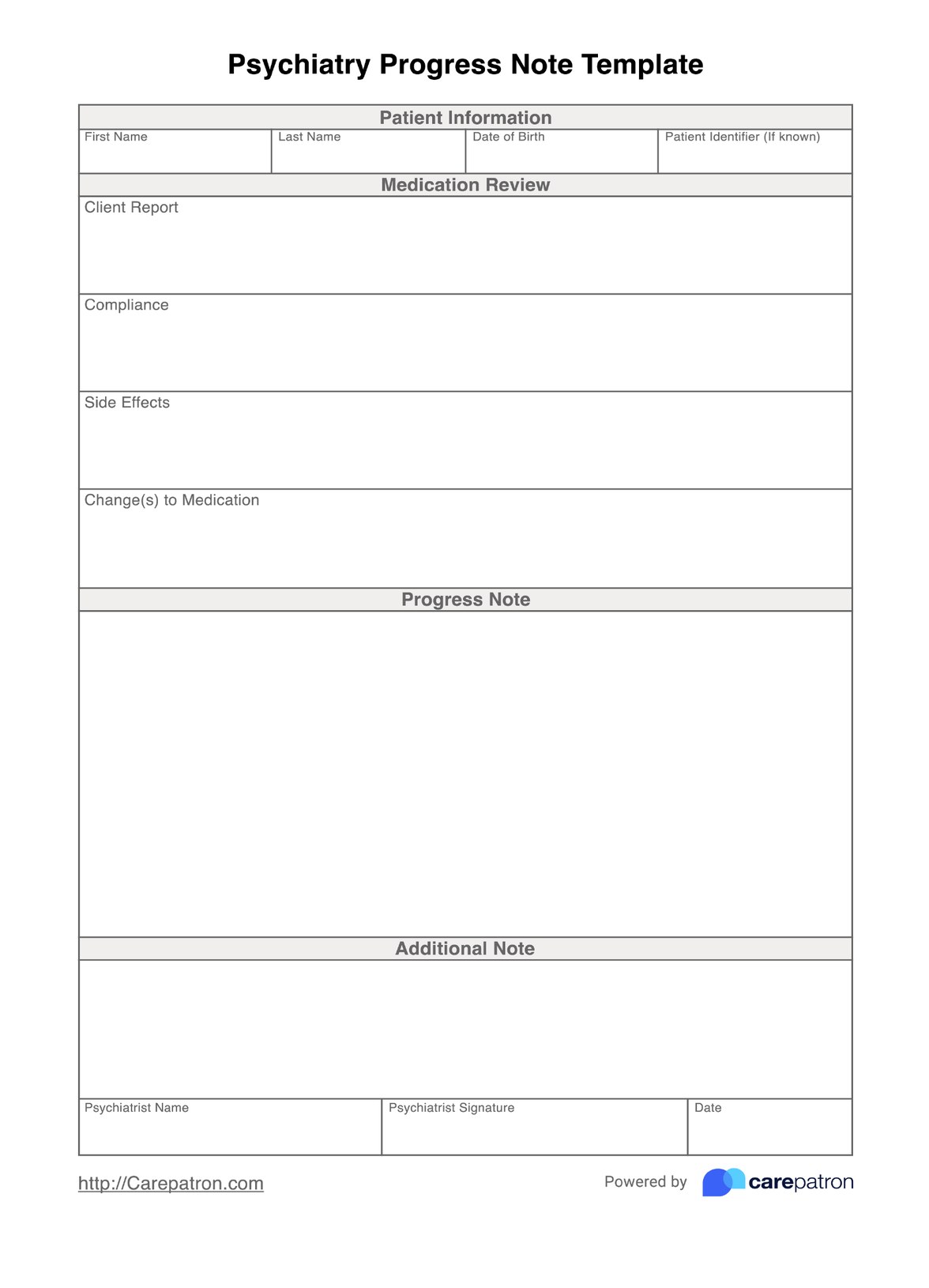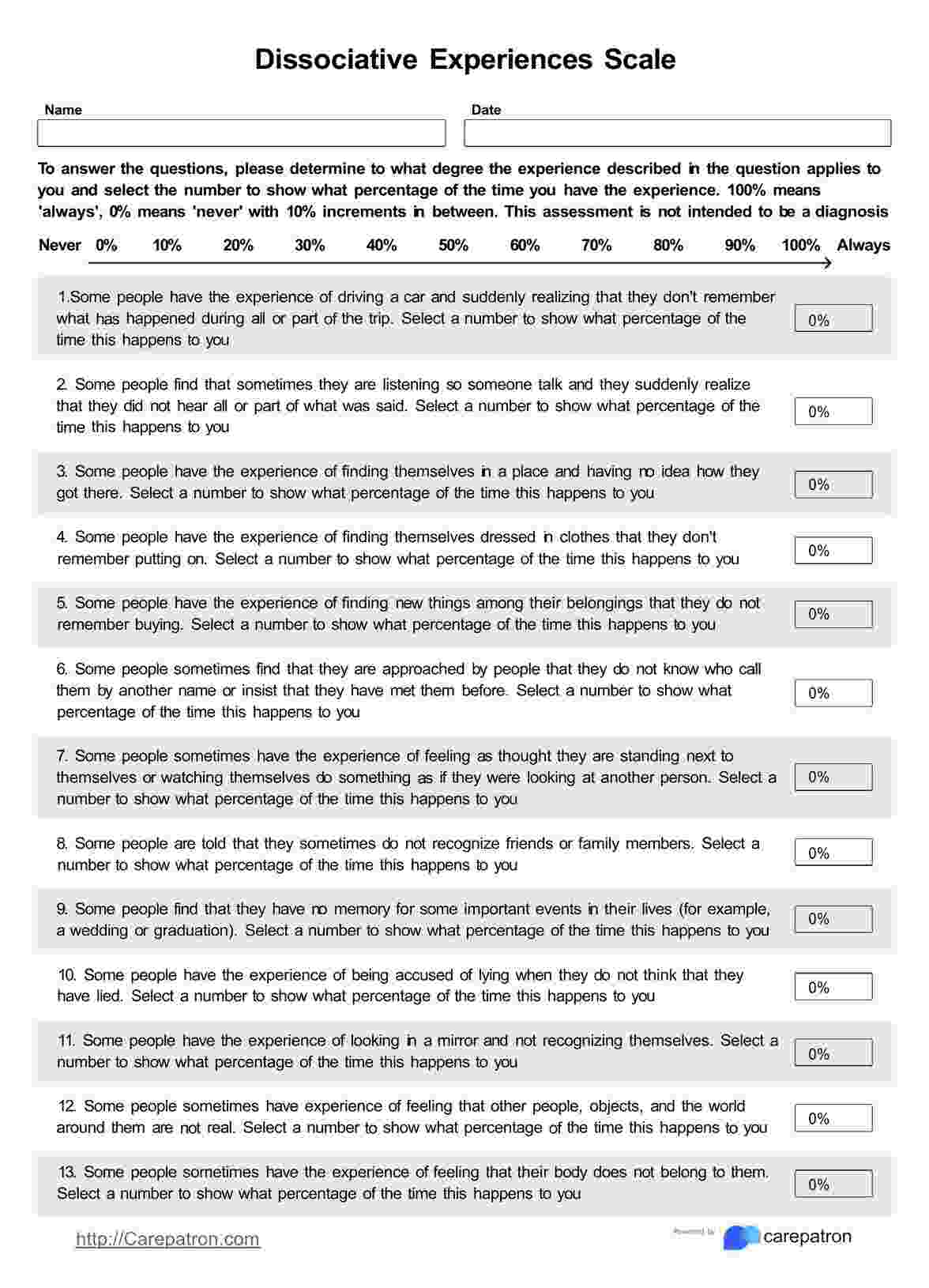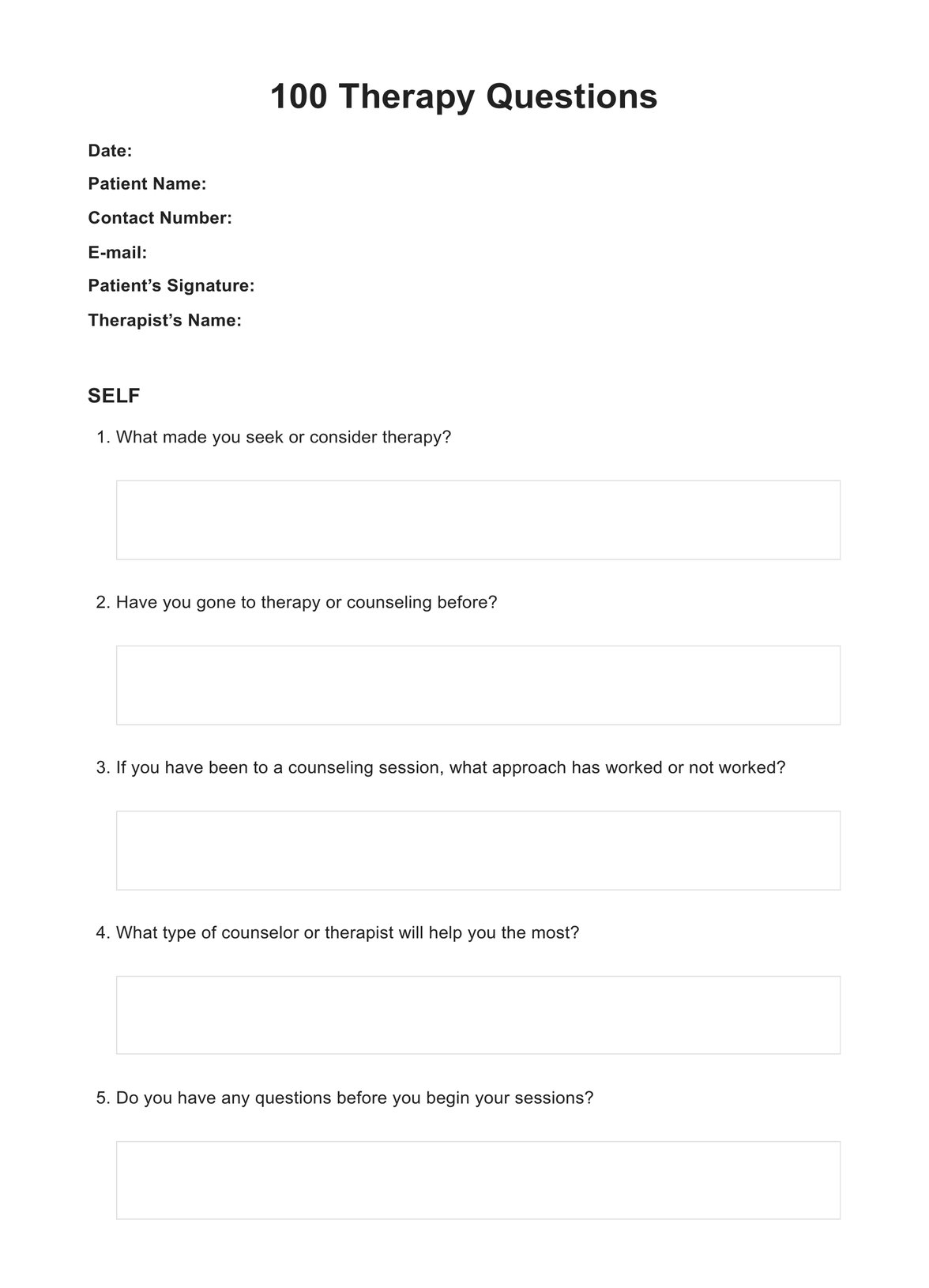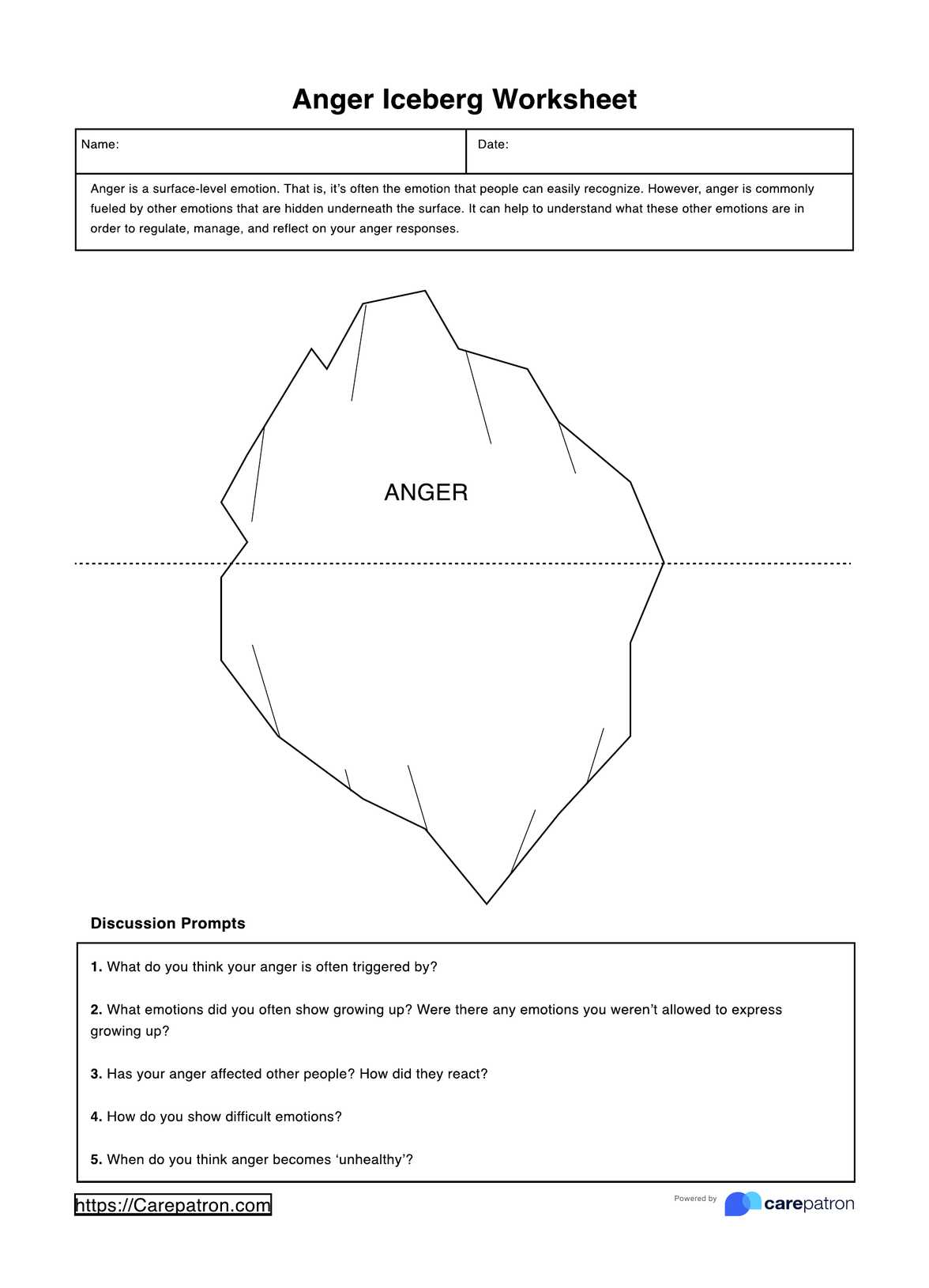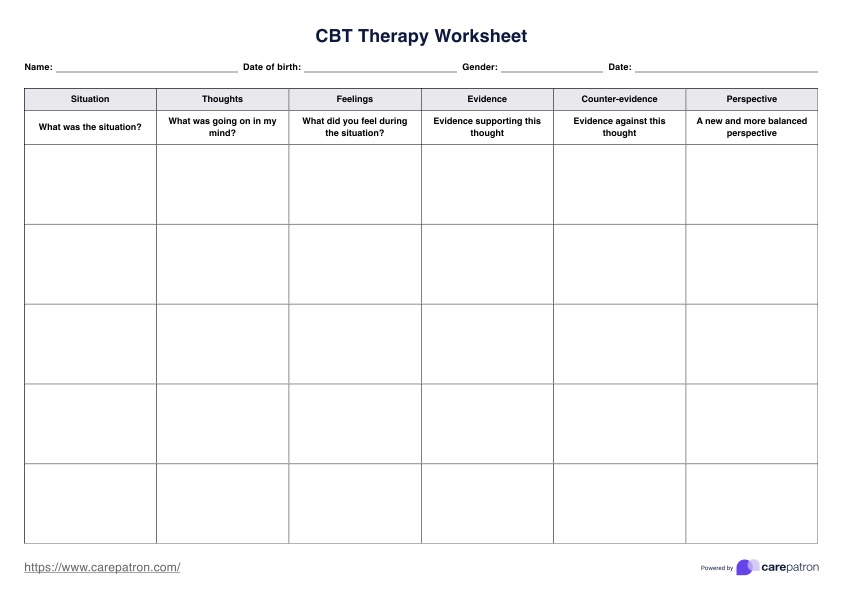Unpacking Your Shame PTSD Worksheet
Address PTSD-related shame with the Unpacking Your Shame PTSD Worksheet. Confront and conquer shame to promote personal growth and healing.


What is Trauma and PTSD?
Trauma, a profound and distressing experience, often leads to Post-Traumatic Stress Disorder (PTSD), a debilitating mental health condition. PTSD symptoms include intrusive thoughts, flashbacks, and emotional numbness. Yet, an often-overlooked companion of PTSD is shame, which can compound the suffering of those already grappling with trauma.
Shame within PTSD arises from various sources. Survivor guilt plagues those who live through traumatic events, leaving them questioning why they survived when others did not. Self-blame is another culprit, as individuals convince themselves they could have averted the trauma. The stigma surrounding mental health issues can breed shame, making it difficult for individuals to seek help or share their experiences. Furthermore, losing control during trauma challenges one's sense of autonomy, fostering feelings of powerlessness and vulnerability.
Shame can worsen PTSD symptoms, fostering isolation and reluctance to seek support. However, therapists use cognitive-behavioral and exposure therapies to help individuals confront and reframe their shame. Acknowledging and processing shame is crucial for healing, allowing those with PTSD to rebuild self-worth and resilience and reclaim their lives.
Trauma and PTSD can generate a profound sense of shame. This emotion, stemming from survivor guilt, self-blame, societal stigma, and loss of control, can intensify the challenges of PTSD. Yet, with therapeutic support, individuals can confront shame and embark on a journey of healing, self-acceptance, and recovery.
Unpacking Your Shame PTSD Worksheet Template
Unpacking Your Shame PTSD Worksheet Example
How to use the Unpacking Your Shame PTSD Worksheet:
The worksheet offers a structured and therapeutic approach to navigating the intricate web of shame. Here is how to use it:
Step 1: Download the Template
Begin by downloading the Unpacking Your Shame PTSD Worksheet template. Ensure you have a printed or PDF copy or access to a digital version for easy reference.
Step 2: Find a Quiet and Comfortable Space
Locate a quiet and comfortable space where you can focus without distractions. Creating a safe and calm environment is essential for engaging with your emotions effectively.
Step 3: Understand the Purpose
Take a moment to understand the purpose of the worksheet. It is intended to guide you in exploring and processing feelings of shame related to your PTSD. Recognize that this is a constructive step towards healing.
Step 4: Begin Answering the Questions
Start working through the worksheet by answering the series of questions provided. These questions are thoughtfully crafted to help you unpack your emotions, identify triggers, and challenge unhelpful beliefs about shame.
Step 5: Reflect on Your Responses
As you answer the questions, take time to reflect on your responses. Consider the patterns that emerge, the surface emotions, and the insights gained about the nature of your shame. This self-reflection is a crucial part of the healing process.
Step 6: Develop Coping Strategies
Toward the end of the worksheet, you'll find prompts to help you develop coping strategies for managing and mitigating shame. These strategies may include seeking support from a therapist, engaging in self-care practices, or practicing self-compassion.
When Would you use This Unpacking Your Shame PTSD Worksheet?
The worksheet is useful at various stages of one's journey toward healing from post-traumatic stress disorder (PTSD). Here are some of the best and most appropriate times to use this worksheet:
Early Diagnosis and Treatment: Mental health professionals, such as therapists, counselors, or psychologists, can use this worksheet as part of the initial assessment process when diagnosing PTSD. It can help individuals recognize and articulate the shame they may be experiencing due to their trauma.
Therapy and Counseling Sessions: Individuals undergoing therapy for PTSD can integrate this worksheet into their sessions. It is a practical tool to delve into the emotions of shame, providing a structured approach to address this complex aspect of their condition.
Self-Reflection and Self-Help: Those with PTSD who prefer self-help methods can use this worksheet independently. It offers a structured framework for exploring shame triggers, patterns, and coping strategies, empowering individuals to participate in their recovery actively.
Support Groups: Mental health support groups, led by facilitators or peer support specialists, can incorporate the Unpacking Your Shame PTSD Worksheet into their sessions. It fosters open discussions about shared experiences and offers a structured means to address and manage shame collectively.
Recovery Maintenance: Even after significant progress in PTSD recovery, individuals may still grapple with occasional episodes of shame. The worksheet can be revisited to maintain emotional well-being and reinforce coping skills.
What are the benefits of using this Unpacking Your Shame PTSD Worksheet?
Self-Exploration
The free Unpacking Your Shame PTSD Worksheet offers a structured framework for individuals to explore and understand their feelings of shame. It guides them through thought-provoking questions, helping them articulate and process their emotions.
Self-Awareness
By engaging with this free worksheet, individuals with PTSD can develop a deeper sense of self-awareness. They can identify the triggers, thought patterns, and beliefs contributing to their shame.
Enhanced Communication
One of the key benefits of using the worksheet is improved communication. For individuals in therapy or support groups, this worksheet can be a bridge to more meaningful discussions with healthcare professionals or peers.
Long-Term Healing
This free worksheet isn't limited to a single session; it can be revisited as needed throughout the journey of healing from PTSD. By continually unpacking their shame, individuals can track their progress, refine coping strategies, and maintain emotional well-being over the long term.
Incorporating this PTSD worksheet template will strengthen your practice and client results. The template aids in creating consistent therapeutic sessions.
Commonly asked questions
The time it takes to complete the worksheet can vary from person to person, but on average, it may take around 30 minutes to an hour to work through the questions and reflections.
It can be helpful for individuals by providing a structured framework to explore and address feelings of shame related to their PTSD, promoting self-awareness and emotional healing.
This worksheet is best used when someone is ready and willing to confront and process their feelings of shame related to PTSD. It is helpful during therapy sessions, self-help exercises, or as part of a regular personal reflection practice.
The worksheet is designed for anyone who has experienced trauma and is dealing with shame-related emotions in the context of post-traumatic stress disorder. It can be used by individuals seeking self-help or in therapy sessions facilitated by mental health professionals.


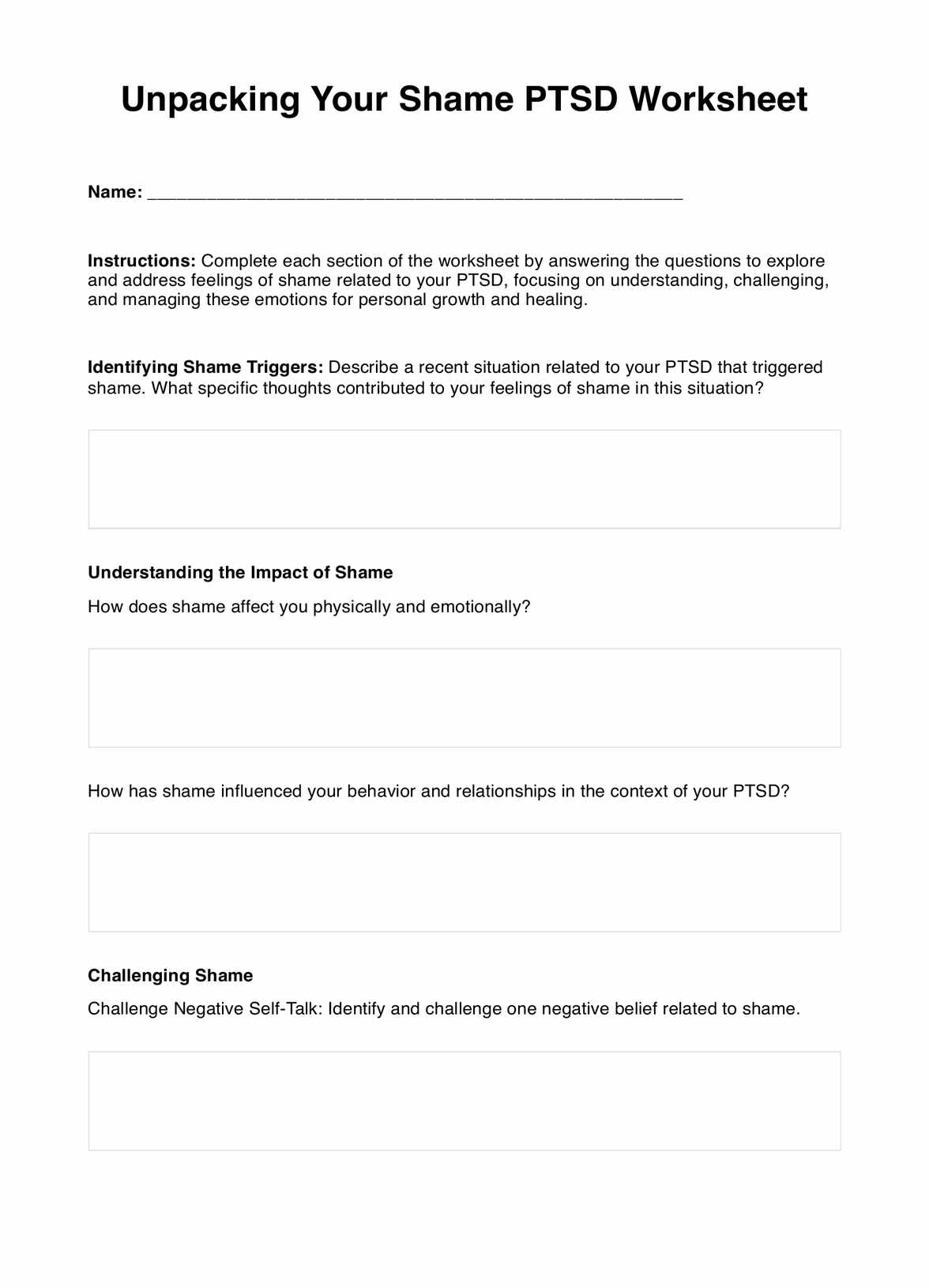
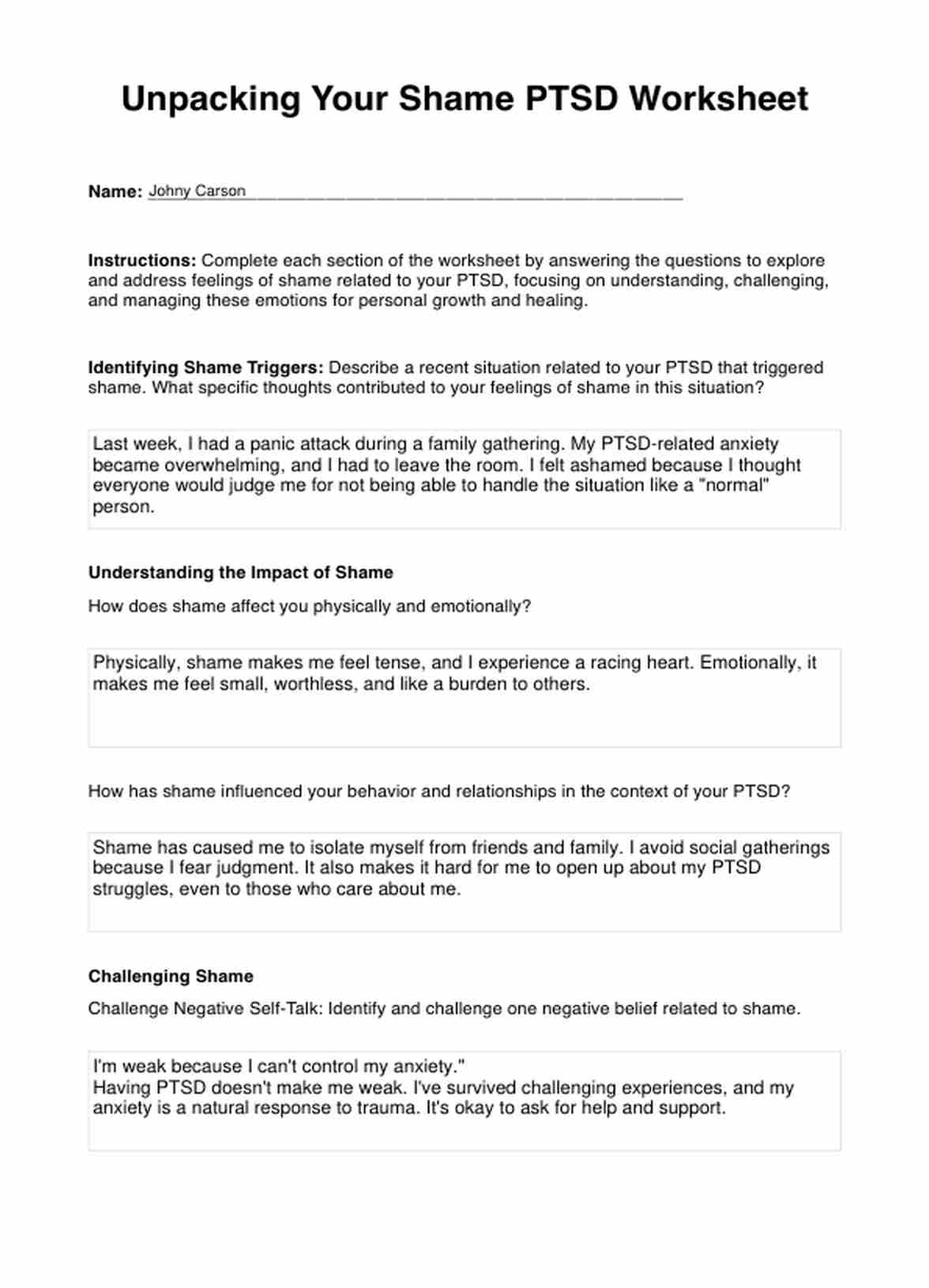

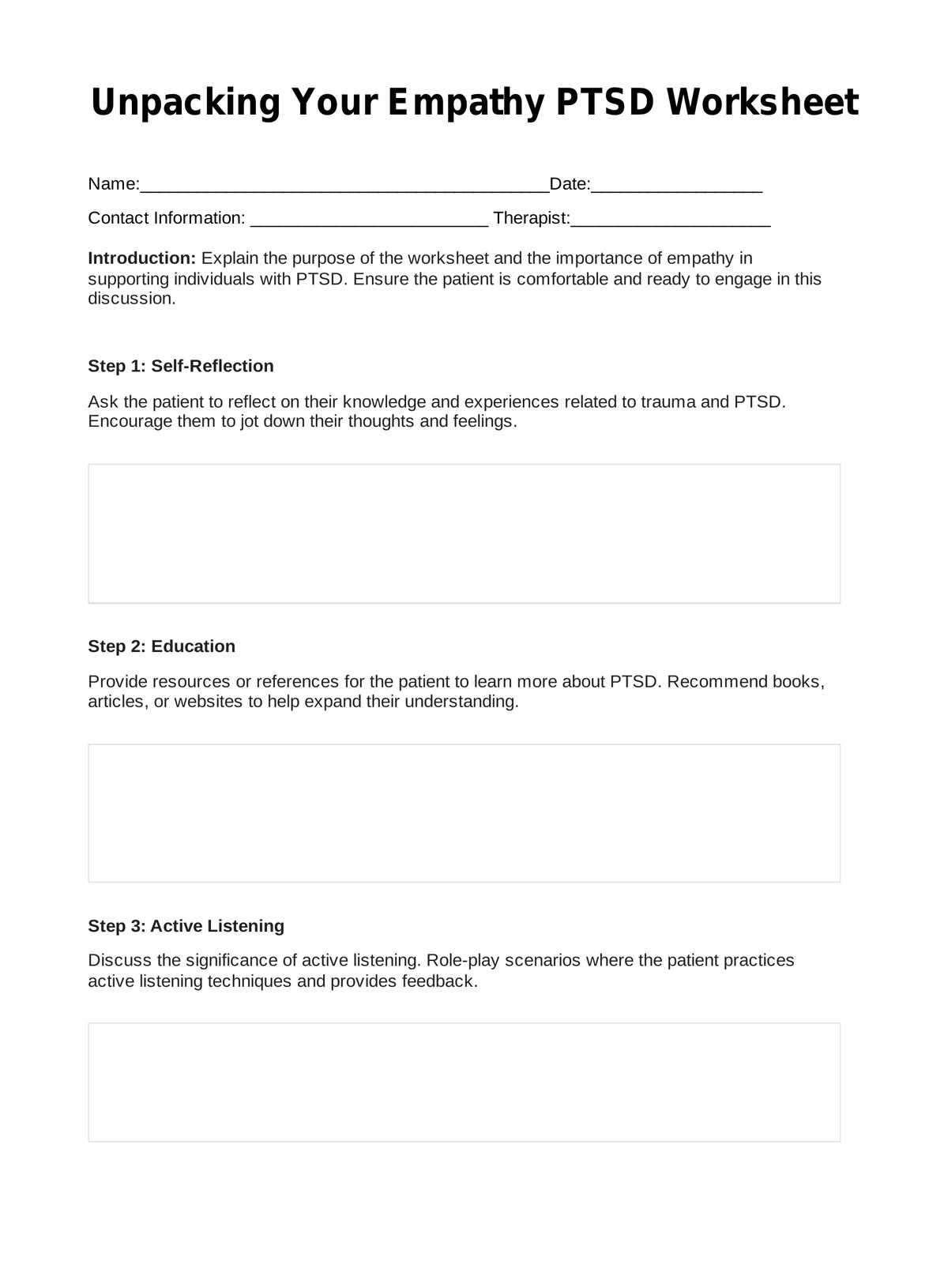
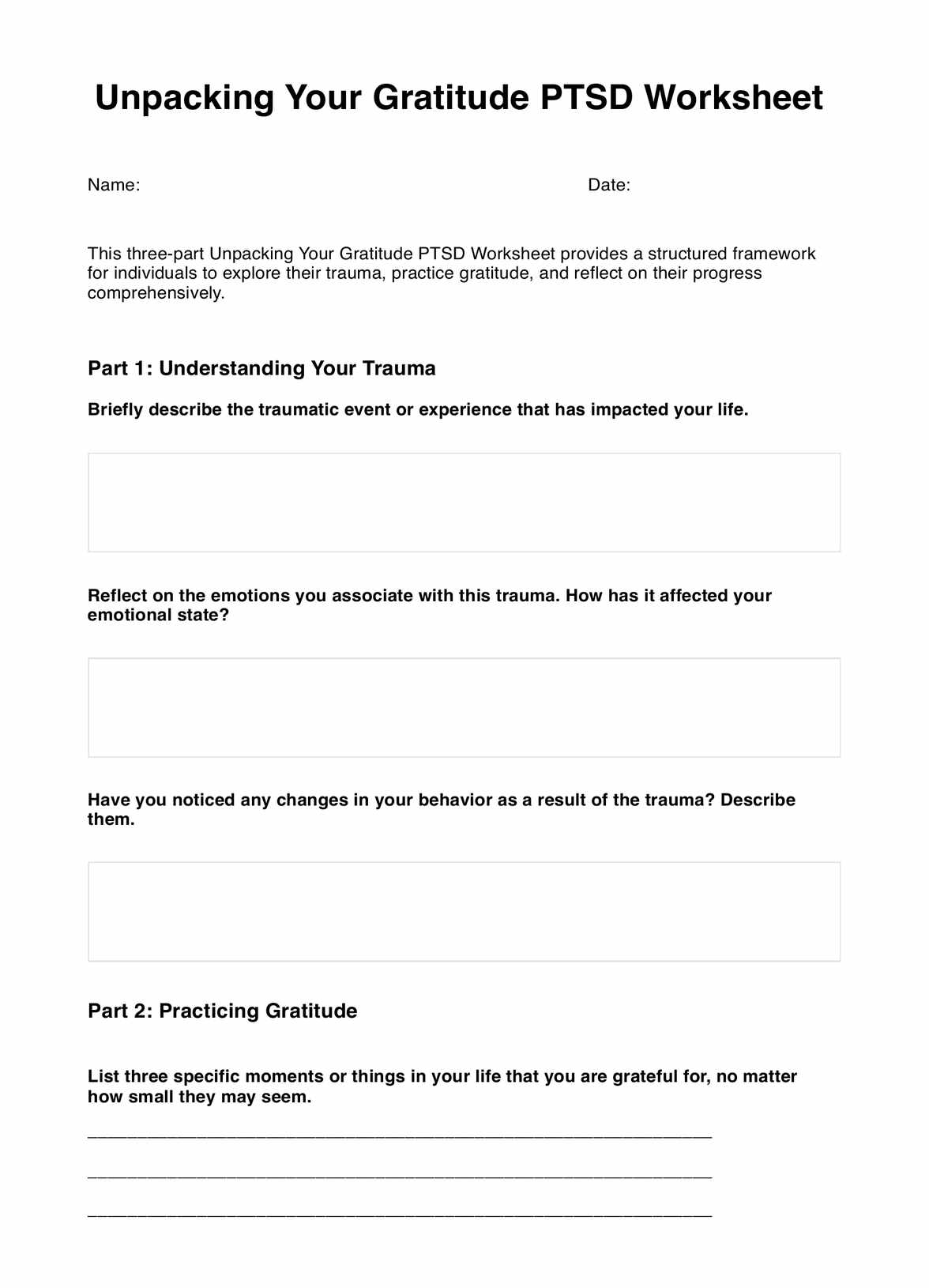
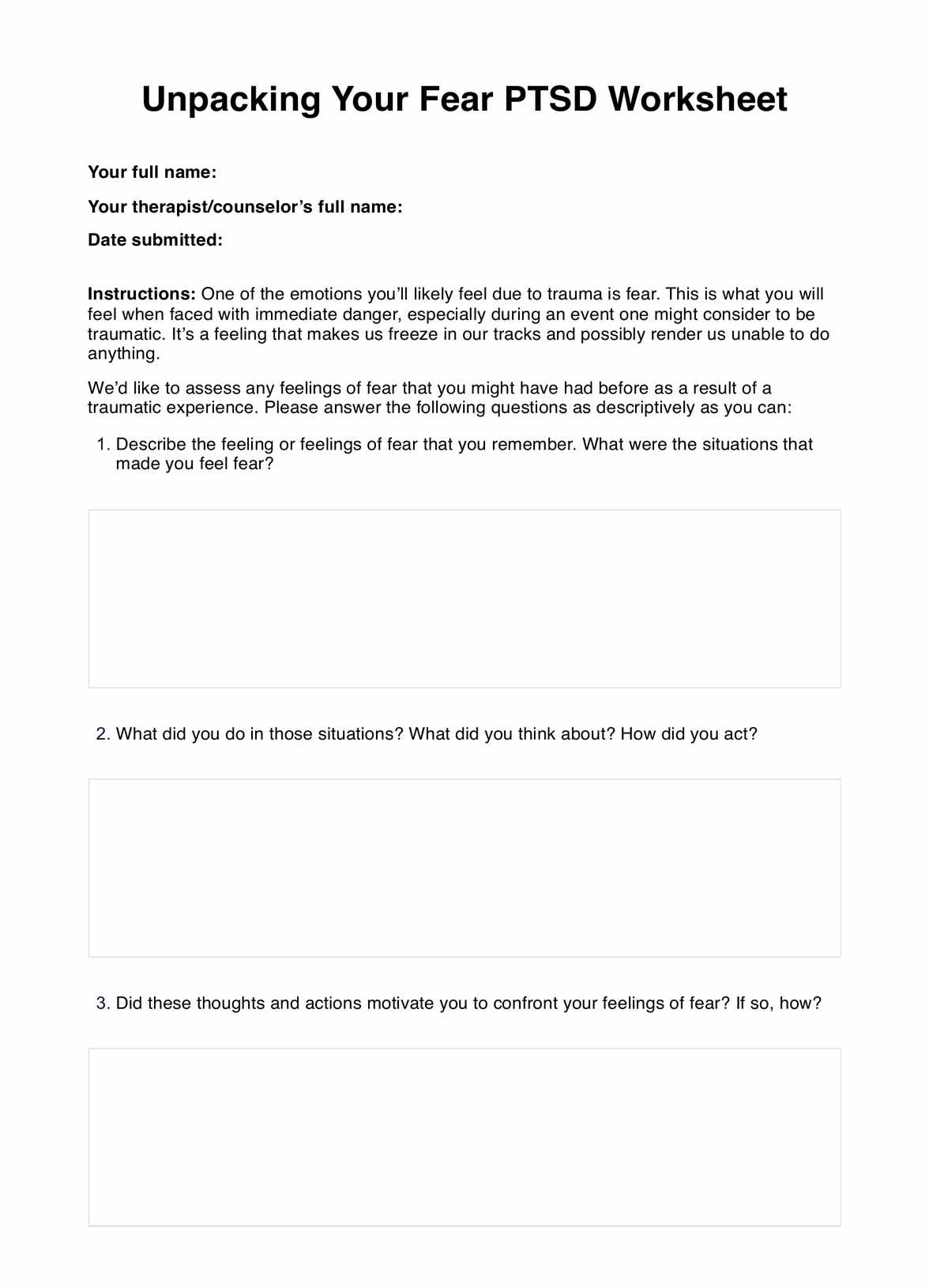
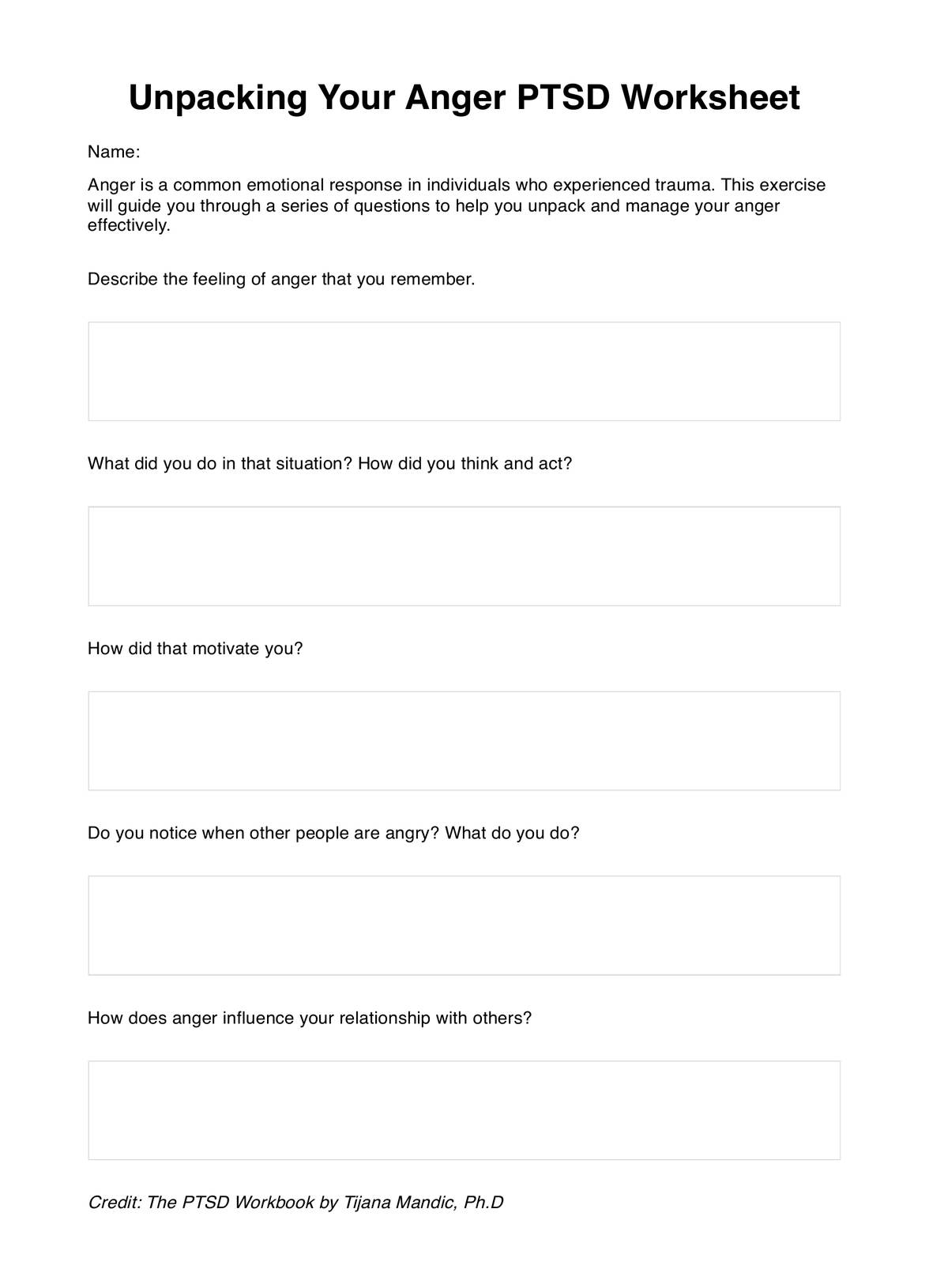
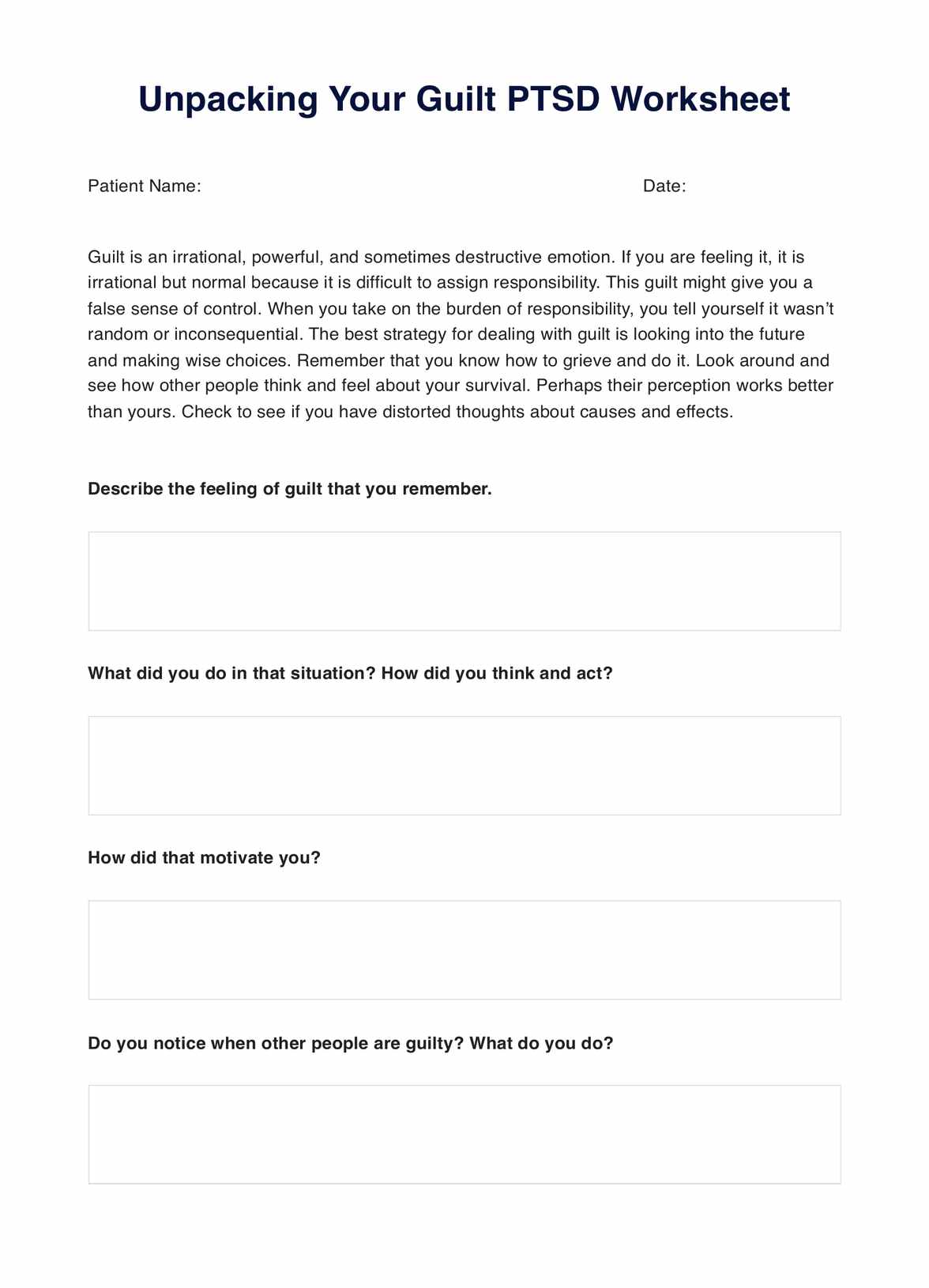















-template.jpg)





















































































